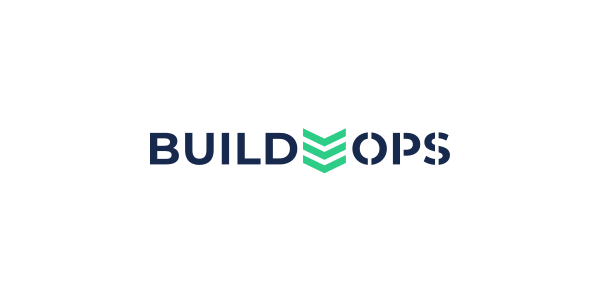
Article written by Brielle Regdos for CDP
Strong and effective change management plays a vital role in the success of construction projects. In an industry known for its complexity, tight deadlines, budget constraints, and involvement of multiple stakeholders, the ability to manage change efficiently is not just helpful, it’s crucial. Construction projects are dynamic by nature – as explained in the previous blog – and unexpected issues such as design revisions, material delays, site conditions, or regulatory updates are common. Without a structured change management process, even minor changes can spiral into major disruptions, affecting cost, timeline, quality, and safety.
Strong change management ensures that these inevitable changes are handled in a systematic manner. It provides a clear framework for evaluating, approving, implementing, and documenting changes, helping teams maintain control and alignment throughout the project lifecycle. Below are several key reasons why strong change management is particularly important in the construction industry:
Minimizes Cost Overruns: Uncontrolled or last-minute changes can lead to significant, unplanned expenses. A well-established change management process ensures that every change—no matter how small—is reviewed thoroughly, cost impacts are evaluated, and budget adjustments are approved before implementation. This prevents uncontrolled expansion of a project's scope and helps maintain financial discipline across the project.
Protects the Project Schedule: Delays caused by unanticipated or poorly managed changes can ripple through the entire construction timeline. Effective change management allows teams to assess how proposed changes will affect deadlines and enables them to proactively adjust schedules, reallocate resources, or resequence tasks to avoid major delays.
Improves Communication and Accountability: A structured change management system ensures that all stakeholders are kept informed of any changes, their reasons, and their implications. This promotes transparency, reduces miscommunication, and clarifies who is responsible for executing and approving each change, improving overall accountability.
Reduces Legal and Contractual Risks: Disputes in construction projects often arise from undocumented, unauthorized, or misunderstood changes. Formal change management protocols help ensure all changes are documented, traceable, and compliant with contract terms. This creates a clear audit trail that can be essential in avoiding or resolving legal issues and contractual conflicts.
Ensures Quality and Safety: Implementing changes without proper evaluation can jeopardize construction quality or introduce safety hazards. Strong change management includes a review of how changes will impact construction methods, materials, and site conditions. This helps maintain high standards and ensures that safety is never compromised for the sake of expediency.
Supports Better Decision-Making: With a complete understanding of each change’s impact on cost, time, scope, and risk, project leaders can make informed decisions quickly and confidently. This results in smarter resource allocation, better risk mitigation, and improved project control.
Enhances Overall Project Outcomes: Strong change management contributes to more successful project delivery. By minimizing surprises, maintaining alignment among stakeholders, and keeping the project on track, it increases the chances of completing construction projects on time, within budget, and to the agreed-upon specifications and quality standards.
Strong change management in construction is more than a best practice, it is a necessary discipline that protects the integrity and success of the entire project. By anticipating change and managing it proactively, construction teams are better equipped to handle challenges, reduce risk, and deliver high-quality results.
Contact CDP to learn more and schedule a conversation.













